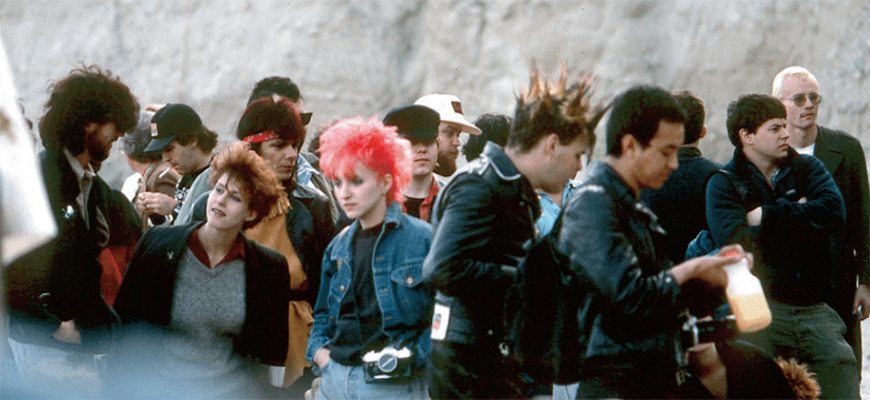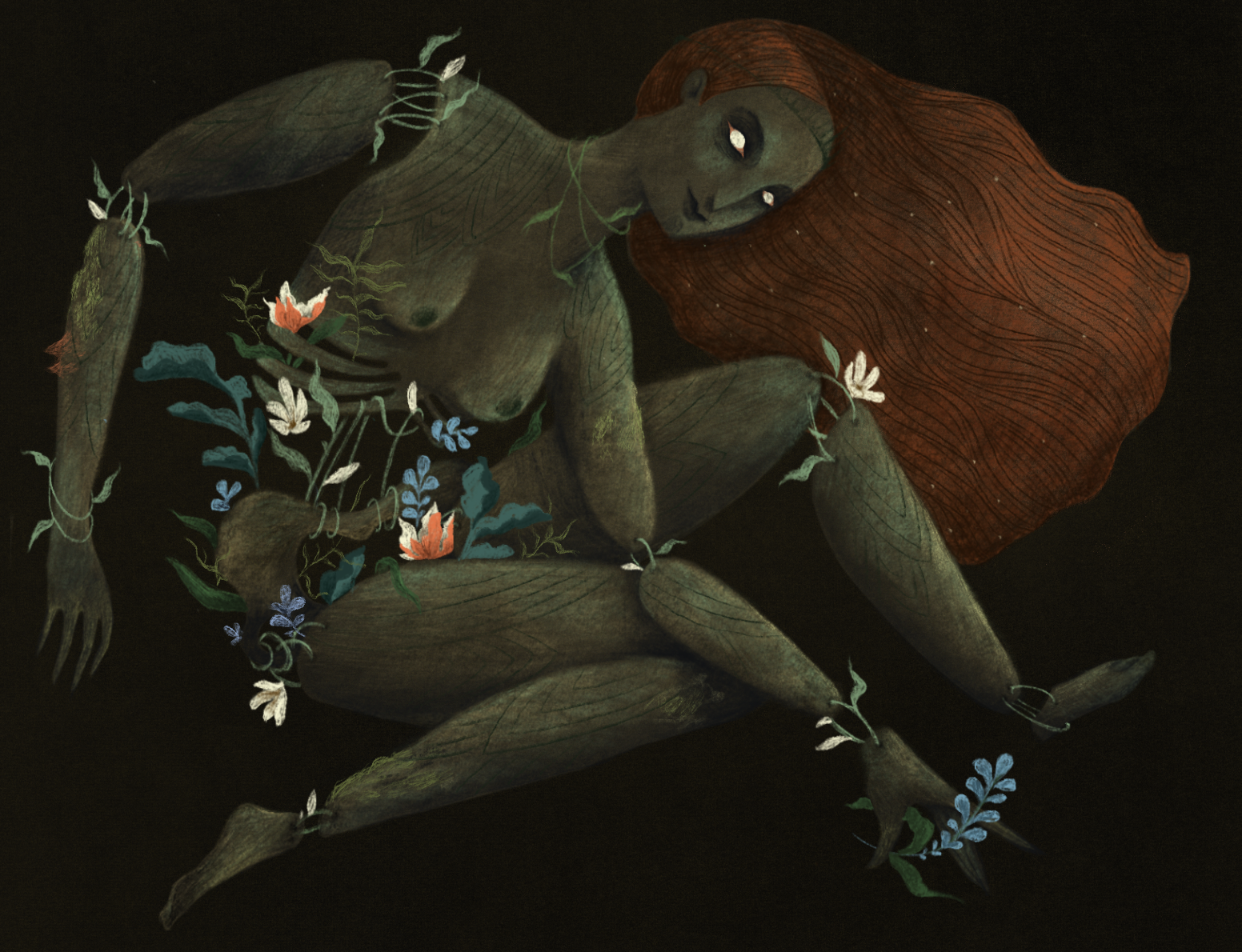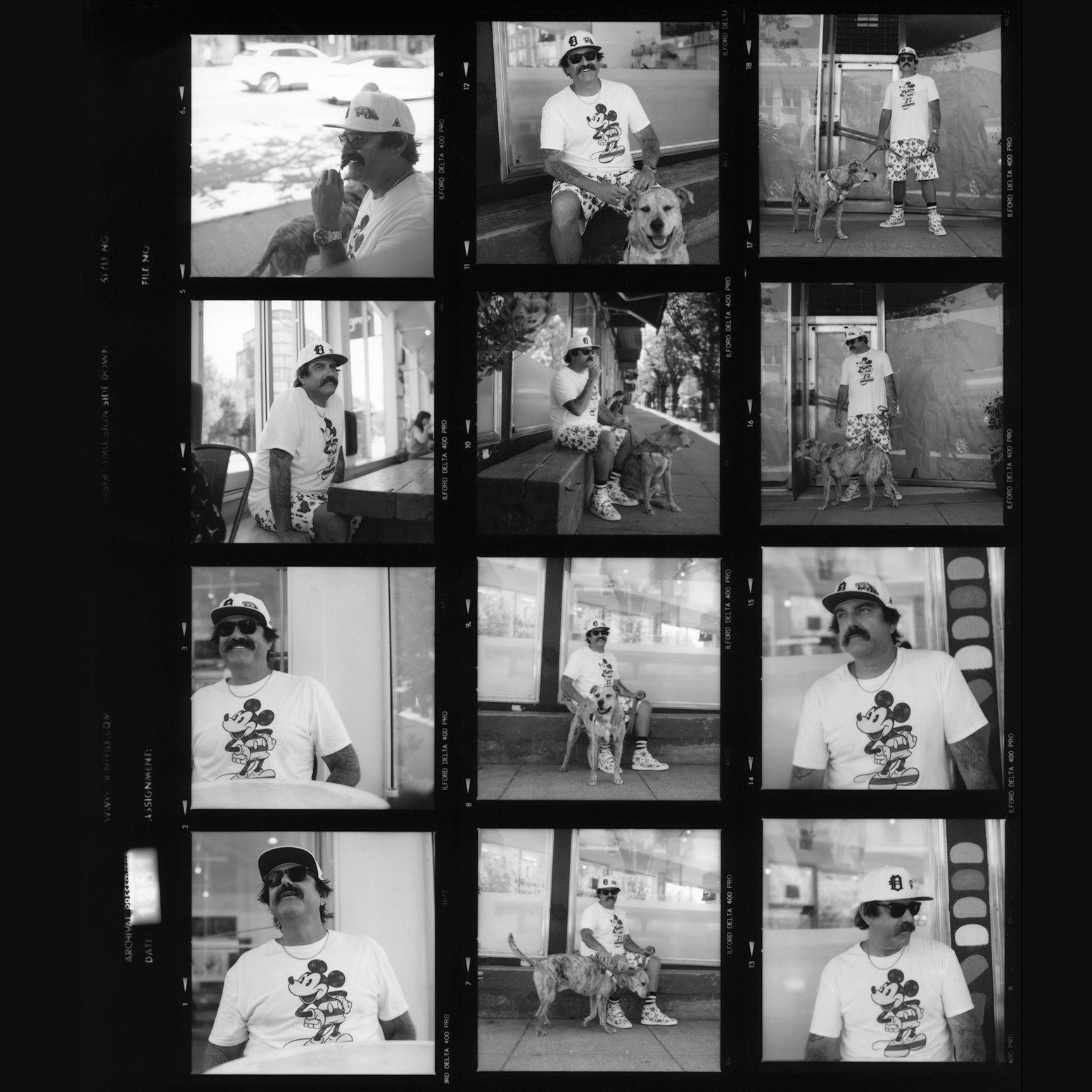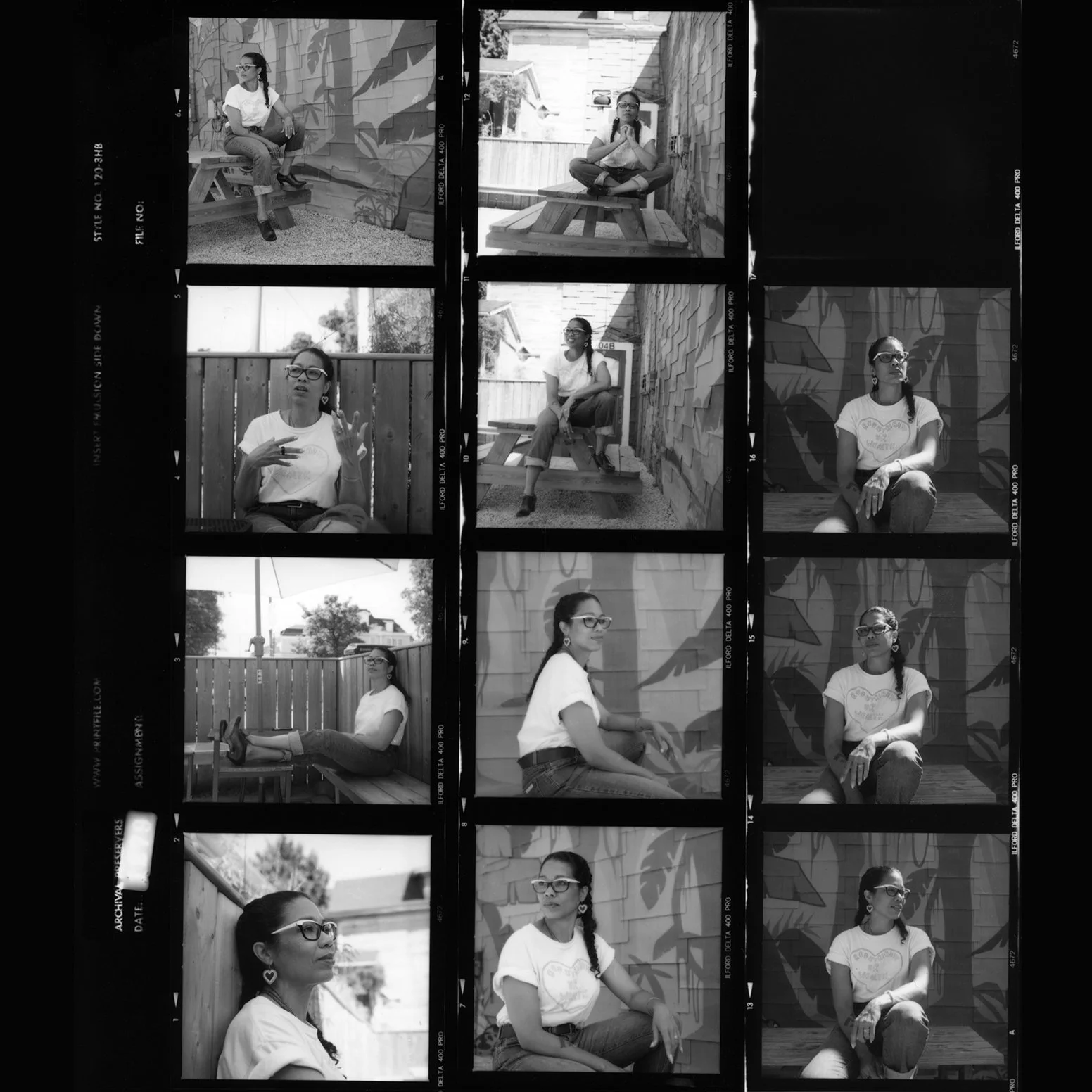In Conversation with Selina Crammond, DOXA's Director of Programming
/Seeing all 93 films at the 2018 DOXA Documentary Film Festival will be challenging to do within 11 days, even for veterans of the 17-year-old event. For those intimidated by the vast selection of short, mid-length, and feature documentaries showcased between May 3-13, DOXA's new Director of Programming, Selina Crammond, has some advice.
“If it’s your first time to the festival, read an essay and pick one of the films,” Crammond suggests.
That’s right—there is a reading component to the film festival. Three guest curators were invited to put together their own program and accompany it with an essay. Crammond describes it as being a series of mini-festivals within the larger Vancouver-based documentary showcase.
Embedded with Extremists is a collection of three films curated by Geoff Dembicki, which includes the titles Of Fathers and Sons, No Man’s Land and Golden Dawn Girls. According to Crammond, reading his essay also helps to contextualize these movies, which all look at the rise of different extremist groups around the world.
Film still from Alain Cavalier's Portraits: La Dame-lavabo (1987)
Thierry Garrel put together the fourth edition of French French for DOXA. This program includes six new portrait films, as well as a special presentation dedicated to Alain Cavalier. He has worked as a documentary film maker since the ’80’s, but many of Cavalier’s pieces have yet to be screened in North America.
Similarly, none of the films included in Yi Cui’s program From Our Eyes have ever been seen outside the regions of Tibet and China.
“They’re good old fashioned observational documentaries,” Crammond says. “Folks documented their communities for the sake of preserving culture, which is classic, yet has never been seen anywhere else.”
Film still from The Song and Sunshine: Shorts Program
Crammond also encourages festival-goers, both old and new, to check out the thematically encapsulated films within two opposing spotlights: Quietude and Press Play.
A self-proclaimed music nerd who plays drums in local band Supermoon, Crammond said she was excited to curate the five musical documentaries Press Play offers. Having been involved with DOXA since 2011, this year stood out to Crammond due to how many music documentaries were submitted.
Quietude is comprised of six films—three Canadian and three international—that explore the idea of stillness and reflection.
Film still from Jodie Mack's Wasteland No. 1: Ardent, Verdant (2017)
“They open up spaces for deep listening and empathy,” Crammond says.“They’re less conventional, exciting, or fun—they’re more contemplative and highlight filmmakers who are pushing the formal boundaries of documentaries and subverting expectations of what they can offer.”
Crammond hopes to offer the city a festival where people can come with an open mind, listen, and engage with films—even if audience members think they know what the documentaries will be about.
“I had an email exchange with a disgruntled person who was angry with our programming decisions,” said Crammond, who was accused of showcasing propaganda for “the social justice movement.”
Considering the festival opens with a film about Harry Rankin, a controversial Vancouver politician from the late twentieth century, Crammond recognizes how the festival could come off looking particularly partisan; though before taking on this new managing role, she never worried about that appearance.
“We don’t program from an ideologically driven place, we program because we think these films create good and important conversations between people in Vancouver,” Crammond said.
“The world is becoming so polarized between the so-called left and right, and getting that email made me question: What is our role? I really don’t want to turn people away who are curious about the world, regardless of their politics.”
Film still from Stuart Swezey's Desolation Center (2017)
When Crammond started with DOXA in 2011, she herself was a curious student from SFU’s film theory program. She was one of six young female-identifying filmmakers accepted into the Kris Anderson Connections Program—a now-defunct mentorship that gave recipients a pass to the festival, as well as an opportunity to work with NFB filmmakers in creating a movie to be screened at DOXA.
She came back after graduating the following year, to help with fundraising, advertising, and administrative work as part of WorkSafeBC’s Job Creation Partnership. In 2013, she was hired as Programming Assistant to Dorothy Woodend, the Director of Programming who then offered the role to Crammond. Woodend is still serving as the Senior Programming Advisor on the 2018 committee.
“Whether you’re an assistant, intern, co-op student, or Director of Programming, everyone has equal input at DOXA; it’s very collaborative” insists Crammond, who wears many hats as the Director of Programming, Marketing, and Communications, respectively.
“We put ourselves under a lot of pressure—there are days where it seems really overwhelming and slightly unmanageable but I think that’s because we all want a high quality, interesting, challenging event,” Crammond says.
Together, the team combed through approximately one thousand submissions from all over the world, in order to put together a final festival program. While Crammond thinks they’ve highlighted interesting work from Canada, there’s no plan to have a nationalist genre or category.
“I think it’s important for the work to stand side by side with international films because Canadian filmmakers have so many different modes of operating,” Crammond says.
There is also a plan for DOXA to present a three-day-long podcast festival in November, and include more interactive and performative documentaries in 2019’s programming.
“It’s a fun thing, to explore what documentary means in an audio environment and get out of the cinema space to do more interactive things,” Crammond explains.
Overall, she’s excited to solve the big puzzle of DOXA: How a horizontal hierarchy can co-exist within a team that’s in charge of an ever-growing festival, all while compensating artists and staff fairly.
“Venue costs go up every year, every cost goes up every year… maybe we should shrink this thing, but there are just so many amazing films that need to be seen,” Crammond says.
Considering that some filmmakers are coming from abroad to share their work and attend screenings, Crammond’s final tip for newcomers is to check the 2018 DOXA schedule online for opportunities to meet the documentarians.
The 2018 DOXA Documentary Film Festival takes place between May 3 and May 13, and showcases both Canadian and international documentary films. Check out DOXA's website here. Stay tuned for more DOXA coverage, including early-bird film reviews!





















